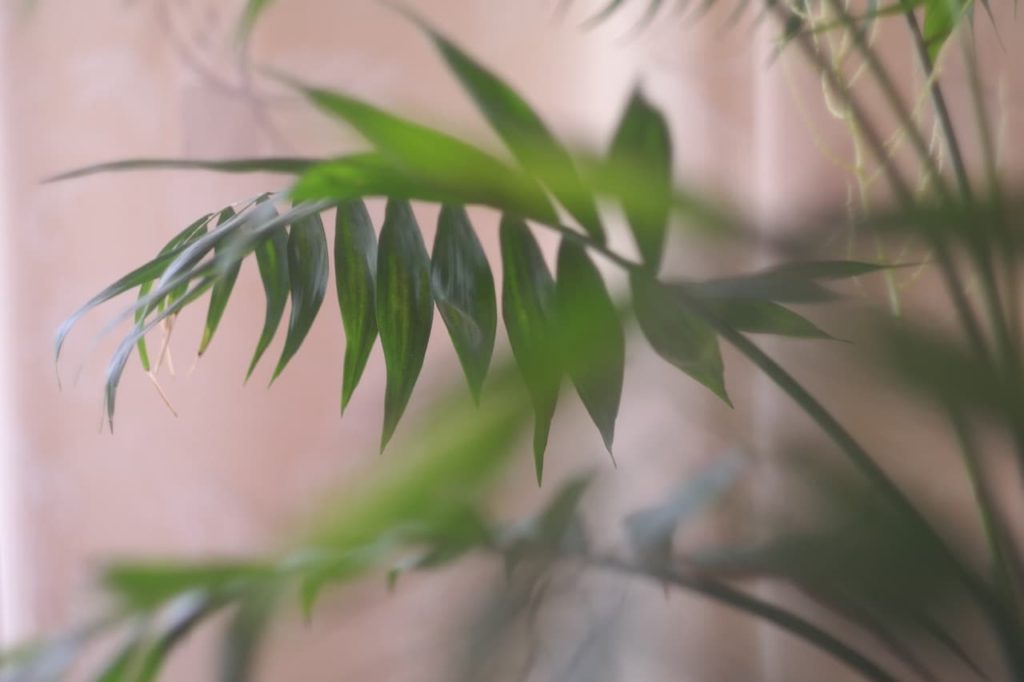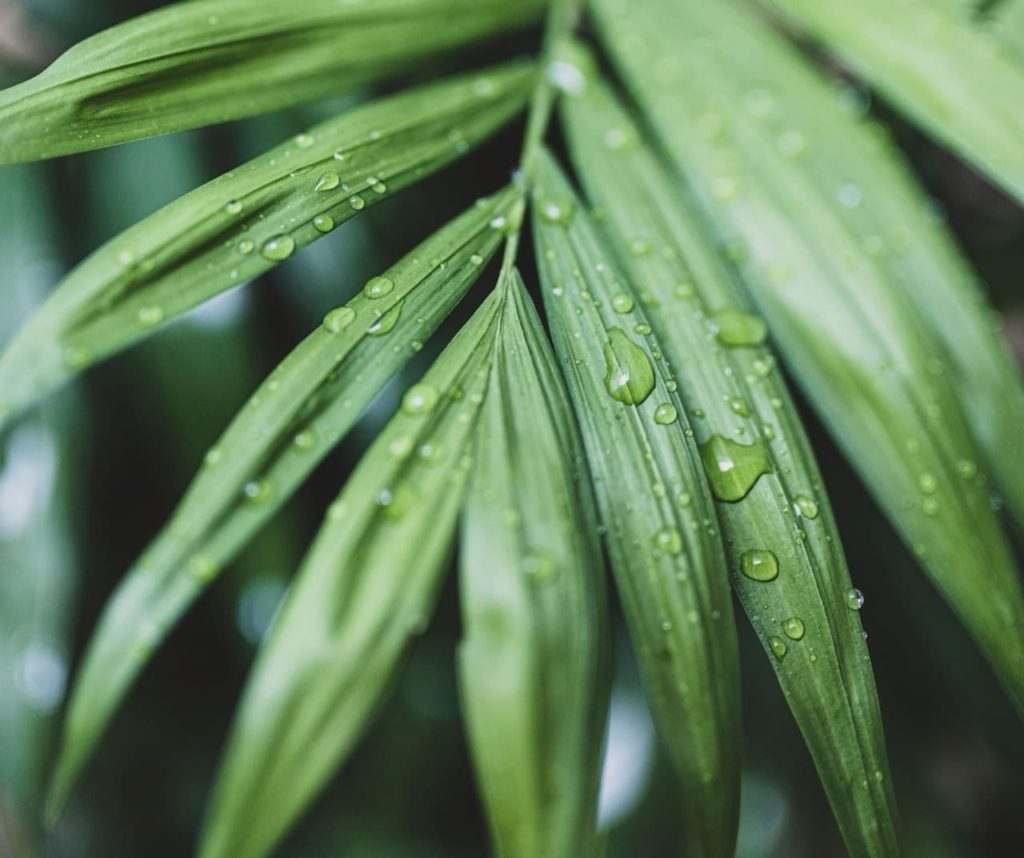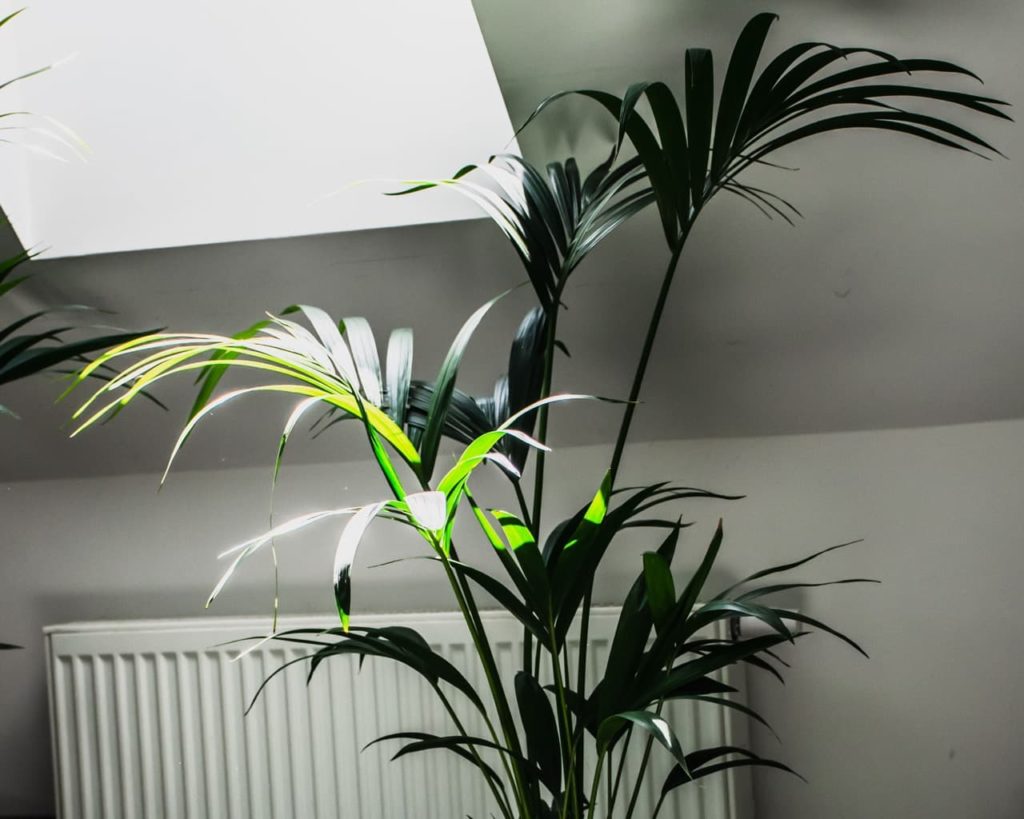HOUSEPLANTS > HOWEA - FORSTERIANA > BROWN - LEAVES
IN THIS guidebook
KENTIA PALM GUIDES

Brown Leaves
Kentia Palms are democratic houseplants to grow inside a home .
As long as they are render with the ripe environmental conditions and care , they are relatively easy and forgiving plants to grow .

However , as with most plants , chocolate-brown leaves are a signal that something is not right – but determining what on the dot is wrong can be a slight more challenging .
If you see brown leave on your Kentia Palm , this might be because of a number of unlike factors , including :
Note that brownish frond at the radical are utterly normal for Kentia palms and you’re able to simply trim down these away .

It is only when the brownish colour is rule all over or beyond just the base that this is probable to advise a trouble .
1) Low Humidity, Low Temperatures Or Underwatering
If there are dry , brownish tips on the leave of your Kentia Palm – which I find is a plebeian ill – this can be due to several dissimilar government issue with the environmental experimental condition or fear .
It might be a sign that the humidity is too lowly .
If this is the case , adjudicate moving the plant to a more humid smear , perhaps tightlipped to other houseplants , aside from any dry out estrus seed .

A bright bathroom can be the perfect spot , as it will be humid if used regularly for bathing or rain shower .
Elsewhere in your dwelling , regular misting of the plant will commonly be required .
dark-brown leaf tips could also be a sign that the temperatures have drop too low .
Remember that these plant have a hardiness rating of H1A and need temperatures to remain above 15 ° C .
Often , this is a problem that can indicate that you ’ve not irrigate your Kentia Palm enough .
In my experience , chocolate-brown parting go on most often when I have not been diligent with my watering obligation during the warmer months of the year .
I usually rule that if you resume lacrimation when the top few centimetres of the arise medium are dry , the works should recoup .
you’re able to , if you bid , cut off the brown sections , but do not cut into the green as new brown summit will simply grow if you do so .
2) Overwatering Or Waterlogged Soil
Some chocolate-brown fronds at the infrastructure are normal , but if there are more widespread brown farewell , this can be a sign that there is a problem with overwatering or waterlogging .
unluckily , in waterlogged conditions , stem decomposition is likely to set in .
Removing damaged root sections before repotting may sometimes countenance your plant to find if the problem has not been allow to progress for too long .
This of course of action means that you will necessitate to improve your watering routine with the unmoved department of the works .
3) Sun Scorch
If whole foliage on your Kentia Palm are not twist brown and you are seeing isolated brown patches on the upper leave of absence of the plant instead , this is more potential to be sunburn .
If your plant is in verbatim light during red-hot gay days , it may get scorch through the glass .
Move your plant so that it is still in a comparatively bright location but out of verbatim sunlight , especially during the hottest part of the day .
4) Scale Insect Damage
Finally , if you see brownish dots on Kentia palm leaves , look closer .
You might really see that those browned spots are scale insect .
Scale insects are a coarse houseplant pest that can be a problem when turn Kentia Palms , but you’re able to pass over them off with an organic insect powder if they become a trouble .
Of course , the job listed above are just some of the most unwashed grounds for brown leaves on a Kentia Palm and other issues might also arise .
Still , when trying to influence out what is wrong , look at the canonic environmental conditions and element of care first is a good place to start , as more often than not , this is where the trouble will lie .